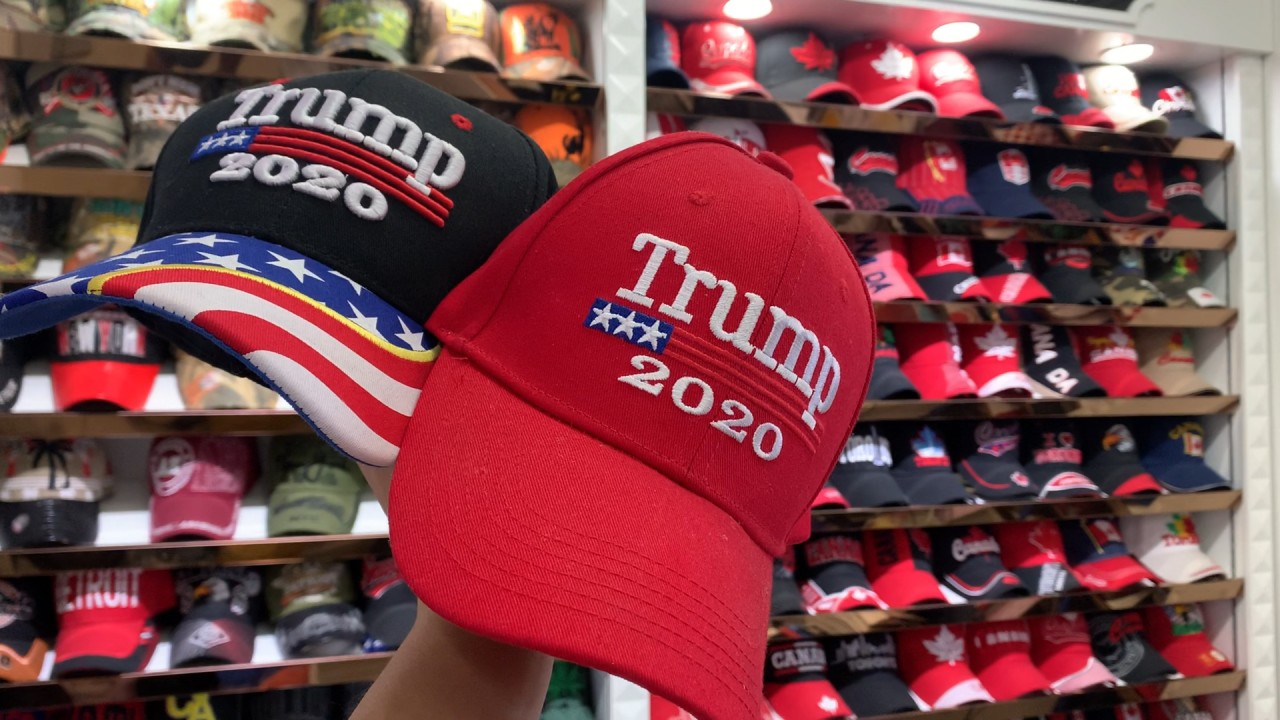Opinion | China’s Unreliable Entity List sounds dire, but that doesn’t mean it will bite foreign firms any time soon
- Beijing’s vaguely worded Unreliable Entity List gives it powers to sanction foreign businesses for endangering China’s sovereignty, security and development
- But there are indications it might be applied sparingly, at least to start, as China is courting foreign businesses to prevent decoupling with the US

China has finally released details of how its Unreliable Entity List will be implemented, giving Beijing a new legal weapon to sanction foreign businesses it dislikes.
On the surface, the regulation sounds dire. Its sweeping powers allow for foreign firms, organisations or individuals deemed to have endangered China’s sovereignty, security and development to be blacklisted. If an entity cuts “normal transactions” with China or discriminates against it, then that could also be grounds to be included.
The definitions are so vague they leave numerous questions unanswered. Will a brochure including a map of China without Taiwan or the nine dash line in the South China Sea be grounds for inclusion on the entity list?
If a foreign bank complies with US sanctions by cutting ties to Chinese businesses or individuals, will it be destined for the list? Or if a foreign company executive likes a post from a Chinese dissident on Twitter, will the company be seen as an unreliable entity?

02:39
The ‘Yiwu Index’: How a Chinese city could predict the result of the US Presidential election
The punishments are severe: offenders could be banned from trading, investing or getting a Chinese visa. They could also face hefty fines.
